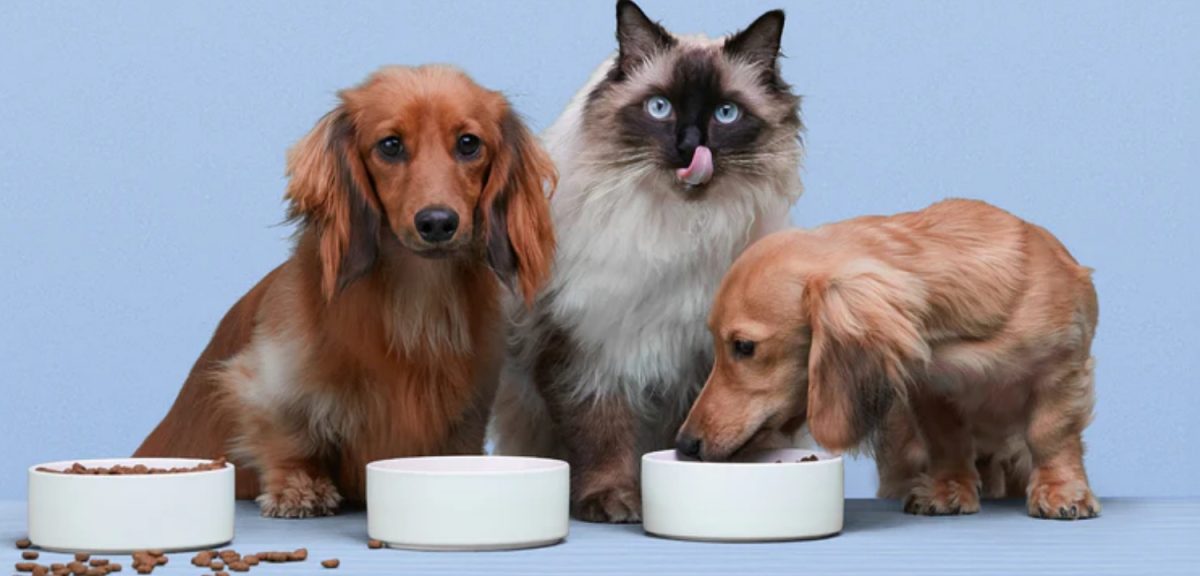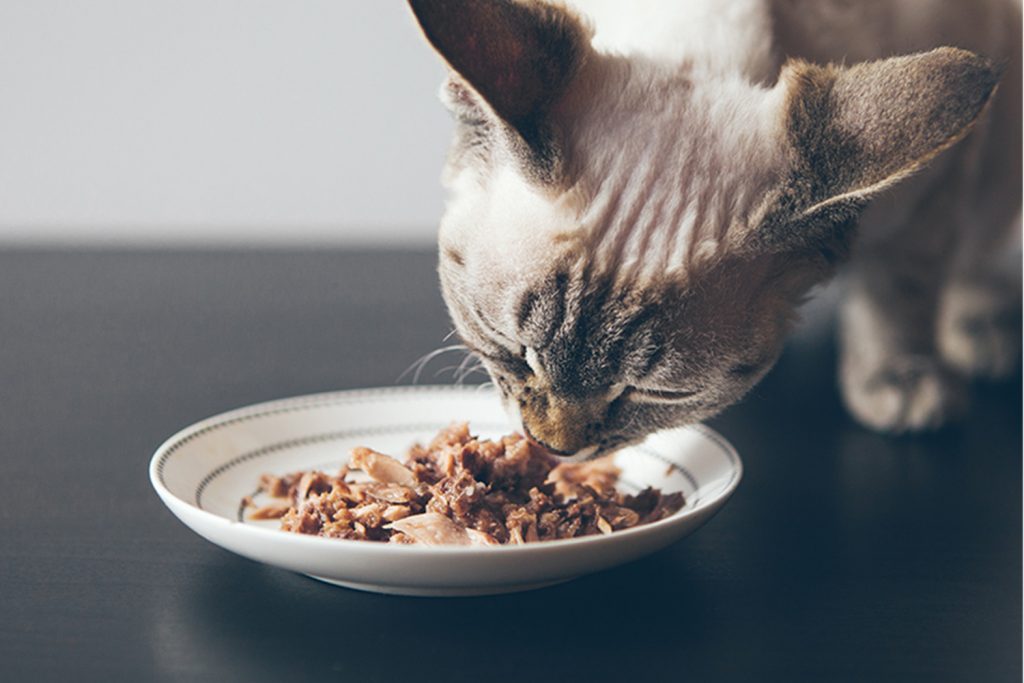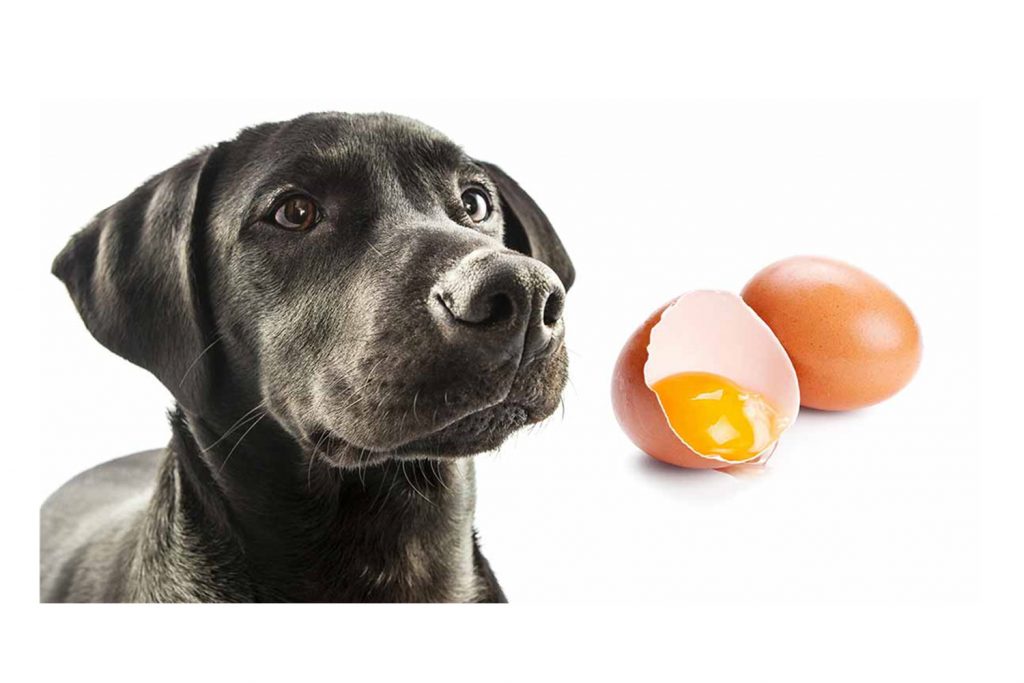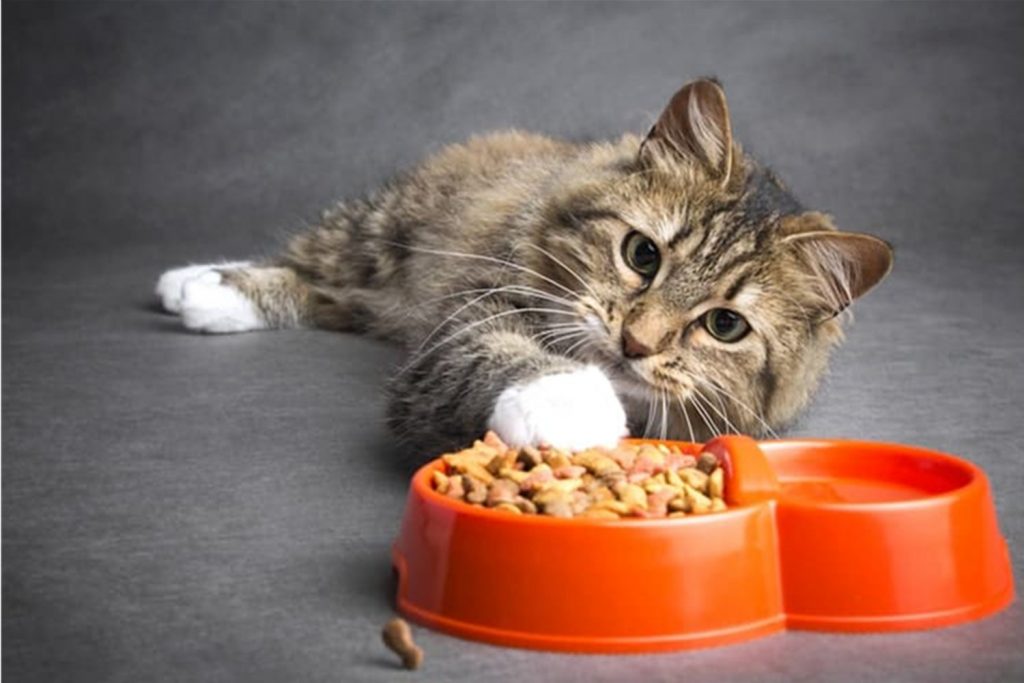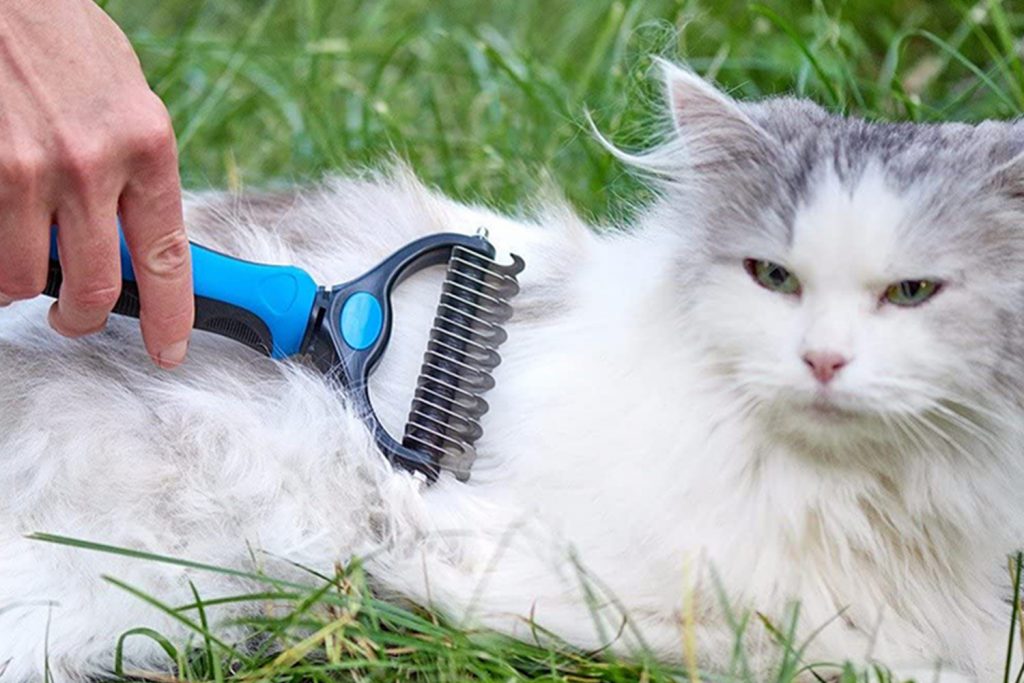Proper nutrition is a cornerstone of your pet’s health and well-being. Providing a balanced diet for your cats and dogs is essential to ensure their longevity and quality of life. Understanding the different types of pet food available and how to choose the right one can make all the difference in your pet’s health.
The Importance of a Balanced Diet
A balanced diet is crucial for maintaining your pet’s overall health. It provides the essential nutrients they need for energy, growth, and repair. Proteins, fats, carbohydrates, vitamins, and minerals must be in the right proportions to support bodily functions and boost the immune system. A well-balanced diet contributes to a shiny coat, healthy skin, strong bones, and a robust immune system.
Types of Pet Food Available
There are several types of pet food on the market, each catering to different dietary needs and preferences:
- Dry Food (Kibble):** This is a popular choice due to its convenience and cost-effectiveness. It helps in maintaining dental health by reducing tartar buildup.
- Wet Food (Canned):** Often more palatable and hydrating, wet food is ideal for pets needing increased moisture intake. It is particularly beneficial for cats prone to urinary tract issues.
- Raw Food:** This diet includes uncooked meat and bones, aiming to replicate the natural feeding habits of wild animals. While it can be nutritious, it requires careful handling to avoid bacterial contamination.
- Specialty Diets:** These include grain-free, hypoallergenic, or prescription diets designed to address specific health concerns such as allergies, kidney disease, or obesity.
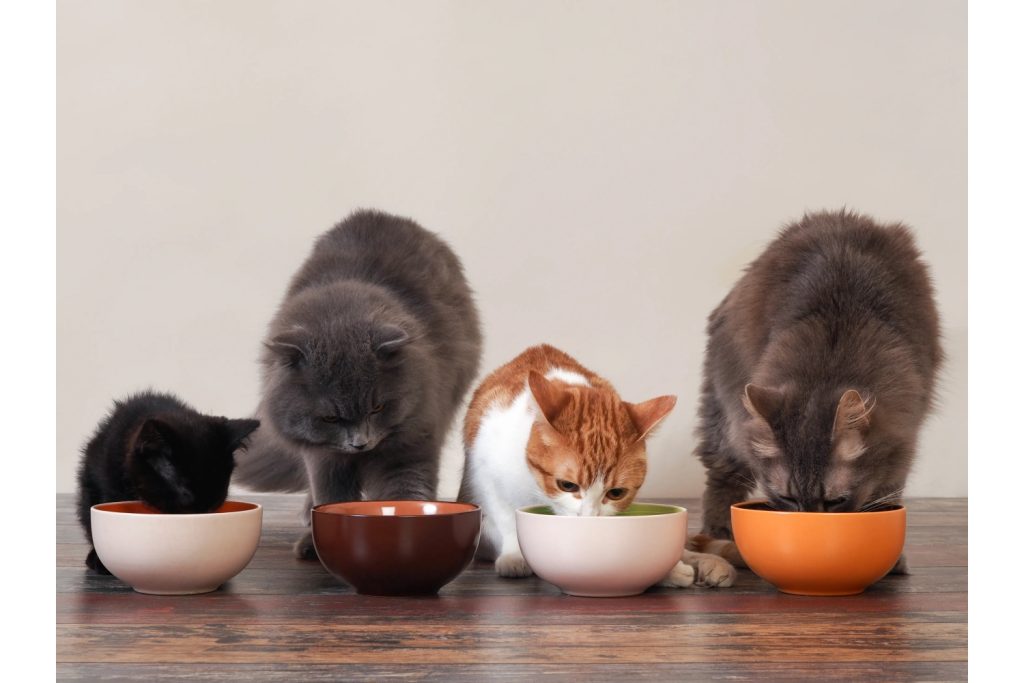
Tips for Choosing the Right Food for Your Pet
- Consult Your Veterinarian:** Before making any dietary changes, consult your vet to ensure the new diet meets your pet’s health needs.
- Read Labels Carefully:** Look for foods with high-quality ingredients. The first ingredient should ideally be a named meat source (e.g., chicken, beef).
- Consider Age and Activity Level:** Puppies and kittens require more calories and nutrients than adult pets. Similarly, active pets may need more energy-dense foods compared to less active ones.
- Observe Your Pet’s Reaction:** Monitor your pet’s weight, coat condition, and energy levels when introducing new food. Adjust as necessary to ensure they are thriving.
- Avoid Artificial Additives:** Steer clear of foods with artificial colors, flavors, or preservatives, as these can adversely affect your pet’s health.
How Diet Affects Pet Health and Behavior
The right diet profoundly impacts your pet’s physical health and behavior. A nutritious diet supports cognitive function, improves mood, and increases energy levels, resulting in a happier, more active pet. Conversely, poor nutrition can lead to obesity, lethargy, digestive issues, and behavioral problems such as irritability and anxiety.
Providing the right food for your pets is a vital responsibility that directly influences their health and happiness. By understanding the importance of a balanced diet and carefully selecting the appropriate food type, you can ensure your furry friends live healthy and fulfilling lives. Always prioritize high-quality ingredients and consult with your veterinarian to tailor a diet that meets your pet’s specific needs.

